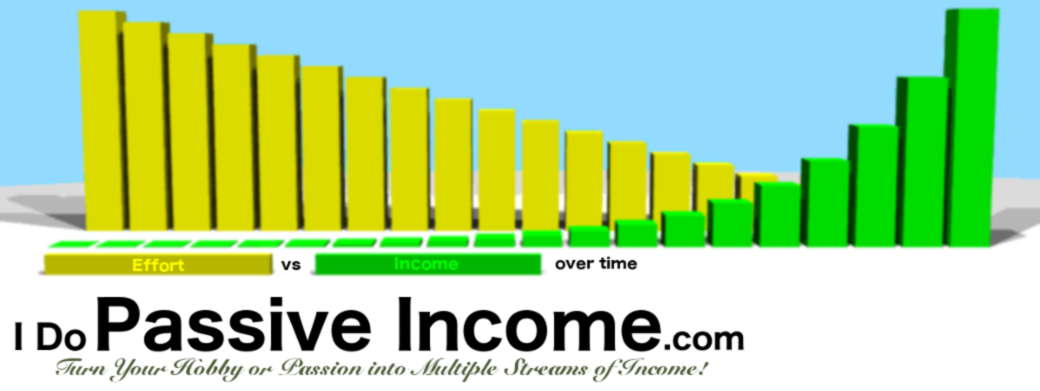Here, you’ll find an A-Z listing of terms and jargon that may appear on this site. I’ll be updating this as new terms are mentioned.
Above The Fold
When a web page first loads, any content that appears right away on the screen is “above the fold”. That is, the user does not have to scroll down to see it. It is important to performance that above the fold content load quickly.
Below The Fold
The opposite of Above The Fold. Everything that does not appear right away when a web page is first loaded. The user has to scroll down to see “below the fold” content.
Bounce Rate
In Google Analytics, the percentage of visitors to a web page on your site who enter and then leave without doing anything – no clicks or navigation around your site.
Bridge Page
A web page that contains little or no content and is used solely for displaying a bunch of ads or banners. Aka a “banner farm”. Remember those from the Wild West Web of the 1990s?
CMS – Content Management System
A system, usually web based, that allows you to easily manage website content such as pages, posts, comments, media, and structure without having to manually write HTML code or do other “under the hood” actions. This makes it easy for non-technical people to add, update, move or delete content. Some examples of CMS’s are WordPress, Weebly, Wikis (like Wikipedia) and many others.
HTML
Hyper Text Markup Language. The raw text language that web browsers read from the internet. This instructs the browser how to render it into pretty formatted content with colors, sections and pictures.
Keyword Density
The number of times a keyword phrase appears in content on a website page or blog post. This usually expressed as a percentage calculated by the formula: (nKeywordPhrase / totalWords) * 100, where “nKeywordPhrase” is the number of times the keyword phrase is used and “totalWords” is the total word count on the page or in your blog post.
For example if you typed a 1200 word post, and used your target keyword phrase 4 times, the result would be (4 / 1200) * 100 = 0.33%. That is a keyword density of 0.33%.
KQI – Keyword Quality Indicator
A green, yellow, red traffic light indicator used in Jaaxy to indicate keyword quality.
Oren
The furry faced creature you see at the bottom of every page or post on this site. More about him here 😉
Permalink
A permanent direct link (URL) to a specific page on a website or blog post. A user can bookmark these in their own browser and return to that page later.
PPC – Pay Per Click
An option search engines provide to marketers where they can place an ad in search results and pay a set price on each click it receives. The advertiser choses relevant keywords that ad will appear for and sets a “bid” price per click. The price of the bid, combined with the quality and relevance of the content the ad links to, determines how the ad will be ranked in the search results. Relevance is factored in to prevent abuse and spamming, such as linking the ad to irrelevant content or a bridge page full of other ad links.
Redirect
The action of being re-directed to a new URL address when a visitor visits one address. For example, a website gets moved from an old domain to a new domain. The old domain can be configured to redirect any visitors to the new domain. This way the user is not surprised by a sudden disappearance of a website. They are just smoothly taken to the new site.
QSR – Quoted Search Results
A term used in Jaaxy for the number of competing websites ranked in Google for an exact search term in quotes.
SEM – Search Engine Marketing
A catch all name for the various techniques of promoting a product or service to a targeted audience by increasing its visibility in search engine results. This is mostly done via paid advertising (PPC) and to a lesser extent, via keyword optimization (SEO) techniques.
SEO – Search Engine Optimization
Actions and best practices applied to website design, and content management, to improve visibility and ranking in search engine results.
SERP or SERPs – Search Engine Results Page(s)
Fancy four letter acronym for the pages of results returned by a search engine for a search term that was entered. This list is usually ranked by relevance with the most relevant matches at the top of the page.
Spamdexing
Spam + Indexing. The practice of manipulating search engine indexing with meaningless keywords for the purpose of gaining a better rank in results. Google and other search engines have cracked down on this with improved ranking algorithms.


